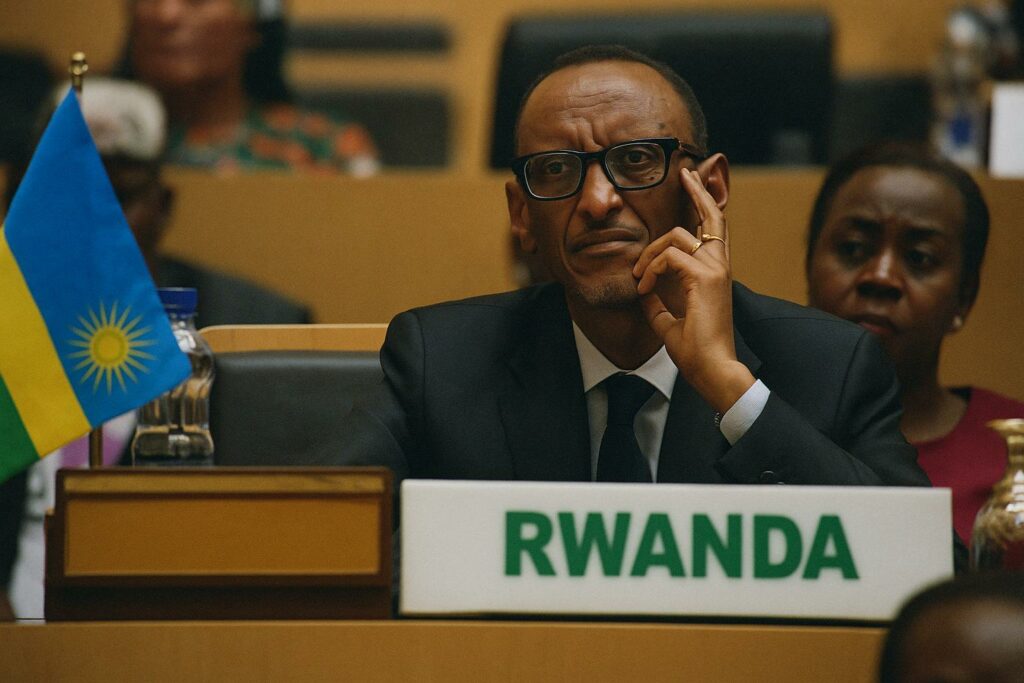The Unyielding Shadow of 1994
Since the 1994 genocide, where around 800,000 Tutsis were slaughtered, Rwanda has intricately woven this tragedy into its national fabric and international narrative. This historical scourge, while undeniably central to contemporary Rwanda’s identity, becomes a complex tapestry interwoven with accusations and critiques of current governance under President Paul Kagame. As the architect of modern Rwanda, Kagame navigates the murky waters of post-genocide reconciliation and international diplomacy, yet critics argue that he leverages this tragedy not only for national unity but as a shield against criticism.
Domestic Governance under Scrutiny
The realities within Rwanda paint a picture of restricted freedoms, crushed dissent, and a political landscape dominated by Kagame’s iron grip. Whether for international journalists or local citizens, criticism of the Rwandan Patriotic Front’s (RPF) governance often meets swift retribution. Cases like the death of gospel singer Kizito Mihigo, who dared to memorialize victims of violence beyond the recognized genocide, underscore a climate of fear and repression. This iron-fisted approach raises fundamental questions about the limits of power when shrouded in the legitimacy of historical victimhood.
The Regional Quagmire in the Congo
Beyond Rwanda’s borders, Kagame’s influence is heavily felt in the eastern Democratic Republic of the Congo (DRC). The region, marred by continuous conflict and exploited resources, is often viewed as a proxy battleground influenced by Rwandan interest, ostensibly under Kagame’s orchestration. Reports from organizations such as the United Nations implicate Rwanda in fomenting unrest by supporting armed factions responsible for heinous acts, including frequent occurrences of sexual violence, as highlighted by Nobel laureate Denis Mukwege. These conflicts emphasize the role of Kagame as both a regional strongman and a contentious actor on the diplomatic stage.
Navigating Global Relations and Criticism
Internationally, Kagame exhibits a resilient tenacity, often sidestepping criticism from global powers. Diplomatic encounters, such as surprise appearances at high-level meetings in Western capitals, contrast with the silenced voices of his critics within and outside Rwanda. This duality suggests an adept manipulation of both global guilt and strategic alliances, allowing Rwanda to maintain a preferential position on the international stage despite accusations of aggression and rights violations.
Conclusion: The Unchallenged Rule?
Ultimately, Paul Kagame’s leadership is a paradox of empowerment and imposition, crafting a narrative of resilience intertwined with authoritarian control. As Rwanda continues to navigate the post-genocide era, the question of how the global community balances historical empathy with advocacy for universal rights remains pressing. Kagame’s tenure continues to challenge international norms, where historical victimhood and contemporary realpolitik remain in perpetual tension, awaiting diplomatic resolution.

